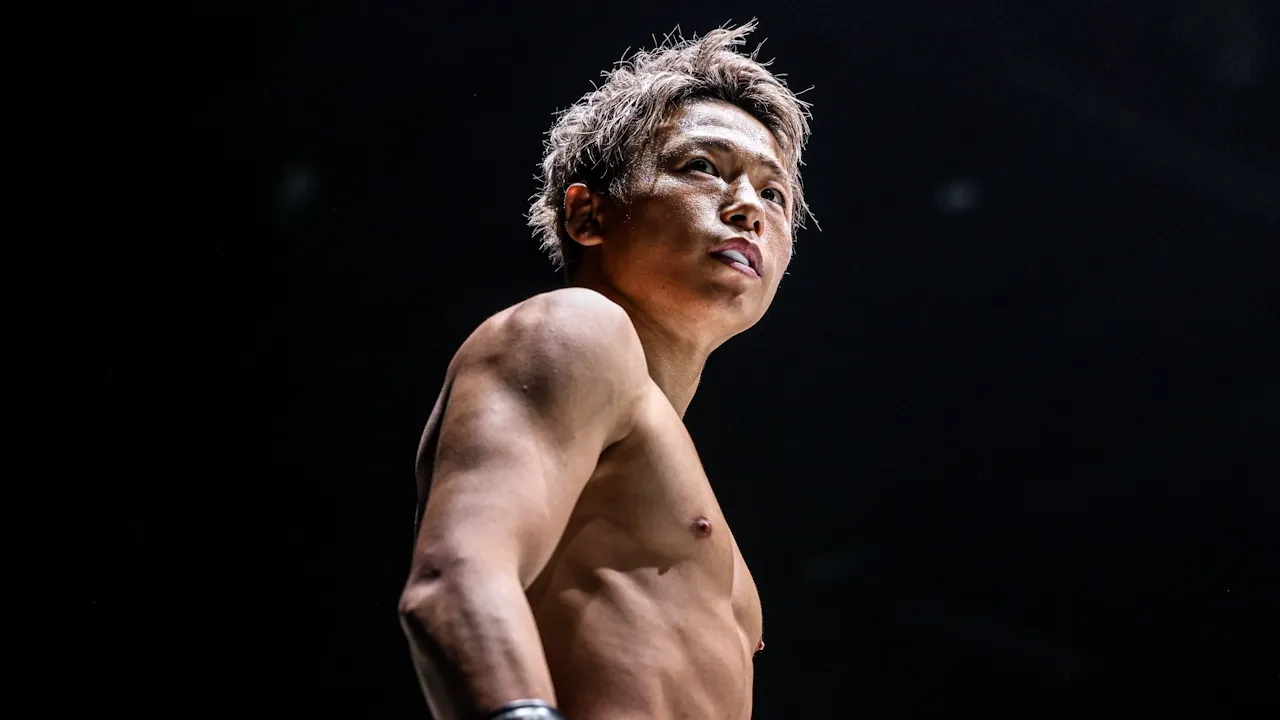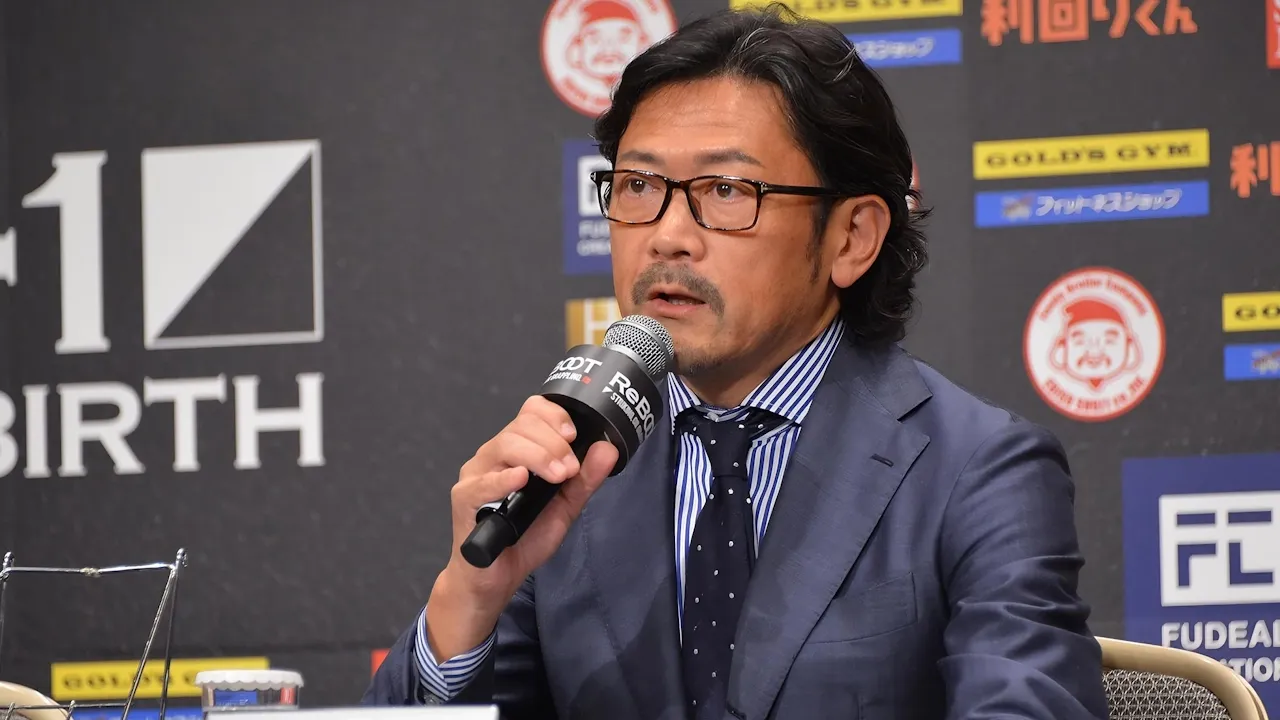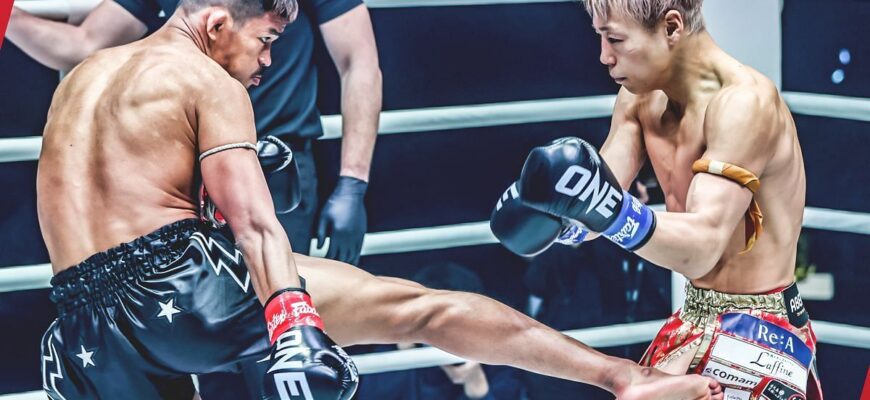A public spat between former K-1 producer Carlos Kikuta and ONE Championship CEO Chatri Sityodtong regarding the state of their respective organizations has unexpectedly shone a harsh spotlight on alleged systemic issues within the prominent Japanese kickboxing promotion, K-1. The catalyst? A pointed intervention from Japanese kickboxing superstar Takeru.
The initial exchange saw Kikuta, who notes he no longer represents K-1, offer a seemingly snide remark concerning reports of challenges faced by ONE Championship. While K-1 founder Kazuyoshi Ishii has recently called for collaboration, Kikuta`s sentiment appeared to diverge, prompting a reaction from Takeru, a former face of K-1 who recently transitioned to fight under the ONE Championship banner.
Takeru`s initial response hinted at a desire to avoid public criticism of his former employer. However, Kikuta`s subsequent justification for speaking out—claiming it was born from “respect for the ‘athletes fighting with their lives on the line’” and a necessity to address a “management structure that exploits fighters”—effectively challenged Takeru to elaborate. And elaborate he did.

Breaking from what might have been expected silence, Takeru laid bare a series of concerning allegations about the fighter experience during his time affiliated with K-1. His detailed account painted a picture far removed from the glitz and spectacle often associated with major combat sports promotions.
Among the specific issues raised by Takeru were:
- Insufficient Compensation: Claims of remarkably low fight purses, seemingly inadequate for professional athletes competing at a high level.
- Lack of Medical Support: Allegations that coverage for fight-related injuries and necessary hospital stays was not provided, leaving athletes personally burdened by the costs of recovery.
- Unreimbursed Expenses: Fighters were allegedly required to cover their own travel and hotel costs for events, adding significant financial strain.
- Restrictive Contracts: The most potentially damning claims involved highly unfavorable contract terms, including automatic renewal clauses, heavy penalties for perceived breaches, and mechanisms for `blacklisting` fighters—clauses that could severely limit an athlete`s career options and bargaining power. One might observe that contracts designed to automatically extend and penalize are notably convenient for the promoter, less so for the individual whose physical well-being is on the line.
Contrasting this with his current environment, Takeru stated that his experience at ONE Championship feels markedly different, suggesting he is finally being treated with the professionalism and support expected by elite athletes.

Takeru`s outspoken comments, prompted by a former K-1 insider and delivered by one of the sport`s biggest stars, introduce significant questions about fighter welfare and business practices within K-1. While K-1 has not yet issued a formal response to these specific allegations, the claims from a figure of Takeru`s stature will inevitably fuel further discussion and scrutiny regarding the responsibilities of promotions towards the athletes who literally put their health on the line for the sport.







